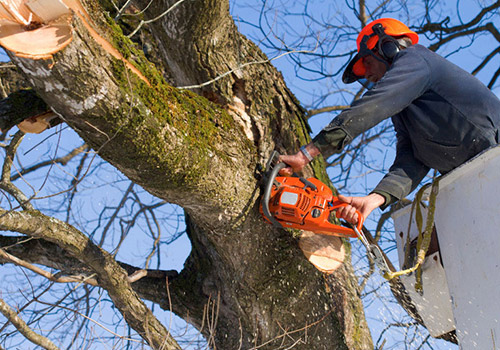When it comes to maintaining the structural integrity of your house, the foundation plays a crucial role that often goes unnoticed until it’s too late. Quite literally, the foundation of a house is what you build entirely upon. Any foundation flaw can cause a wide range of complications, some of which might be rather expensive to fix. In Little Rock, AR, soil composition and weather conditions can impact the foundation, underscoring the importance of house leveling.
Addressing Foundation Challenges Due to Soil and Climate Factors in Little Rock
Little Rock, AR, boasts a variety of soil types, ranging from expansive clays to sandy loams. Because of changing weather patterns, these soils can react drastically to moisture changes, which is common in this area. The ground contracts in dry spells as it loses moisture; it expands in the wet season as it absorbs water. A house’s foundation may be under pressure from this continuous expansion and contraction, causing fractures, shifts, and unequal settling.
These changes over time can cause portions of the house to sink, resulting in uneven flooring, wall fissures, and doors that no longer shut correctly. These all indicate that your house may require leveling. Restoring your house’s foundation to its natural level state depends on house leveling in Little Rock, AR, which ensures its stability and safety.
House Leveling: The Procedure
The degree of the foundation problems and the type of foundation your house has will determine the numerous processes involved in house leveling. Usually, the process starts with a comprehensive check by a foundation specialist to determine the degree of the damage. This examination is critical because it determines the most appropriate approach for house leveling. This technique pumps a mixture of cement, sand, and water underneath the foundation to raise and level it. Because it is reasonably quick and relatively affordable, mudjacking is sometimes recommended for leveling problems.
If the foundation damage is more severe, underpinning may be required. Underpinning means digging the foundation farther down to offer greater solidity. To achieve this, one can support the foundation with concrete piers or steel pilings, thereby preventing more movement. Though more expensive and intrusive, this approach offers a more lasting fix for major foundation issues.
Timely House Leveling’s Advantages
For a variety of reasons, addressing foundation problems quickly through house leveling is critical. It helps to prevent further damage to your house. If neglected, a minor foundation fissure can rapidly become a big problem, causing expensive repairs. Leveling your house as soon as you notice foundation issues will help you avoid major damage and save money over time. The house leveling in Little Rock, AR, enhances the safety of your residence. Structurally unstable, a house with an uneven foundation can potentially pose a risk of collapse in severe circumstances. Ensuring your home is properly leveled and structurally stable is essential for protecting the safety of your family and any visitors from potential injury.


